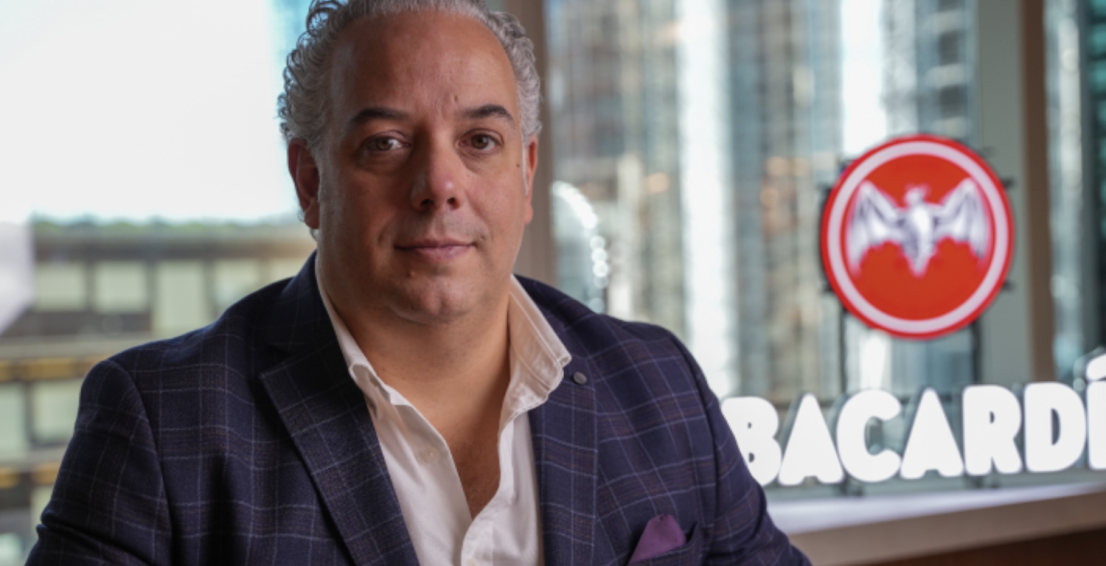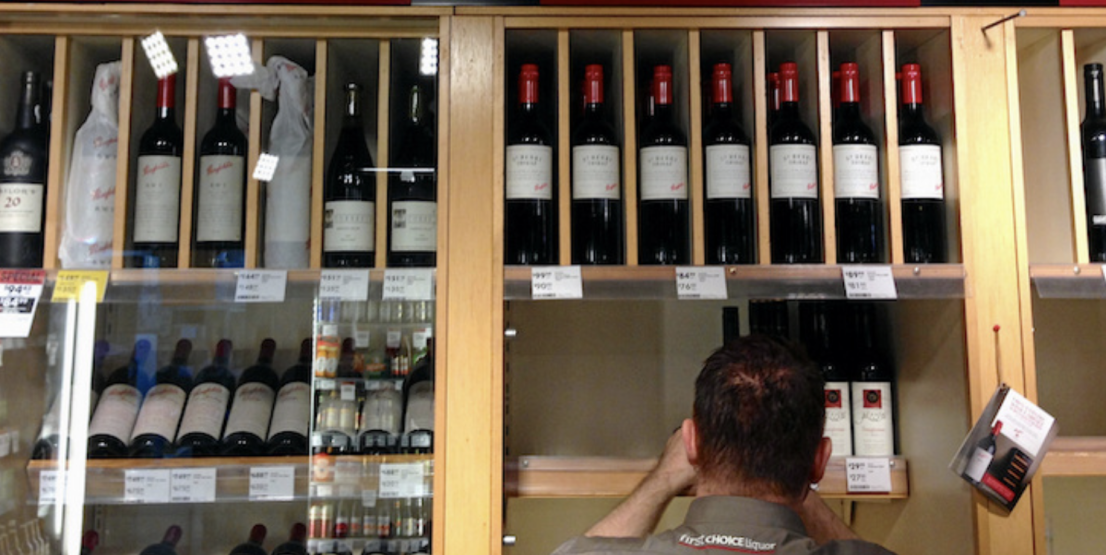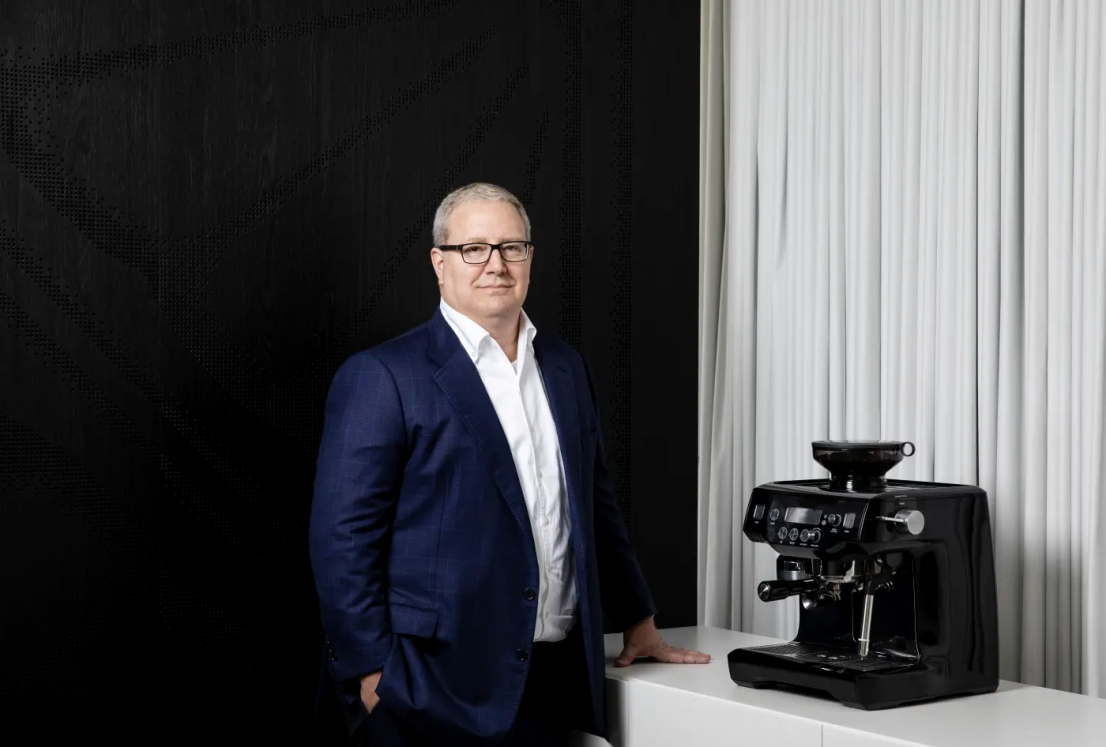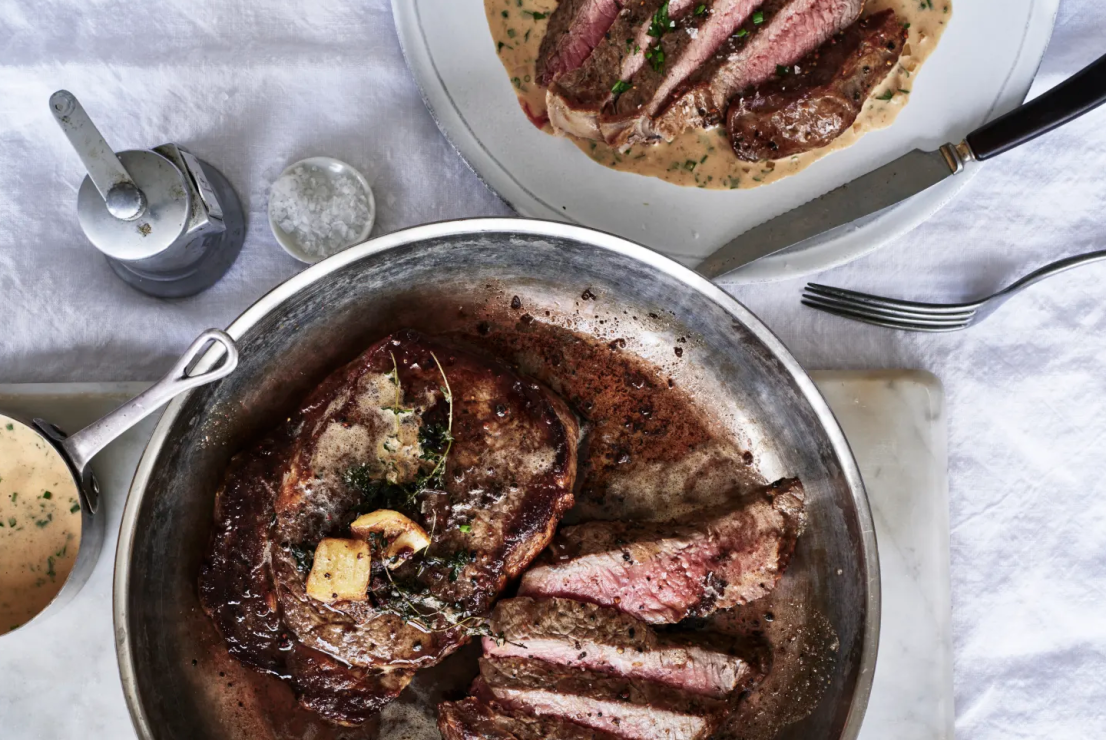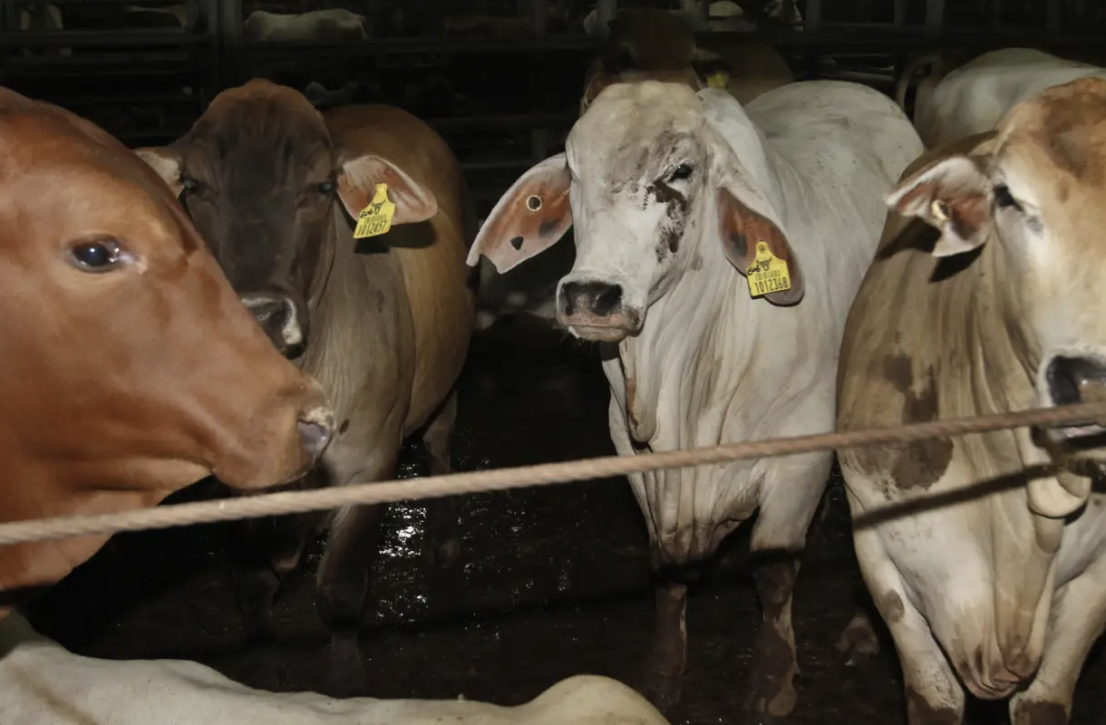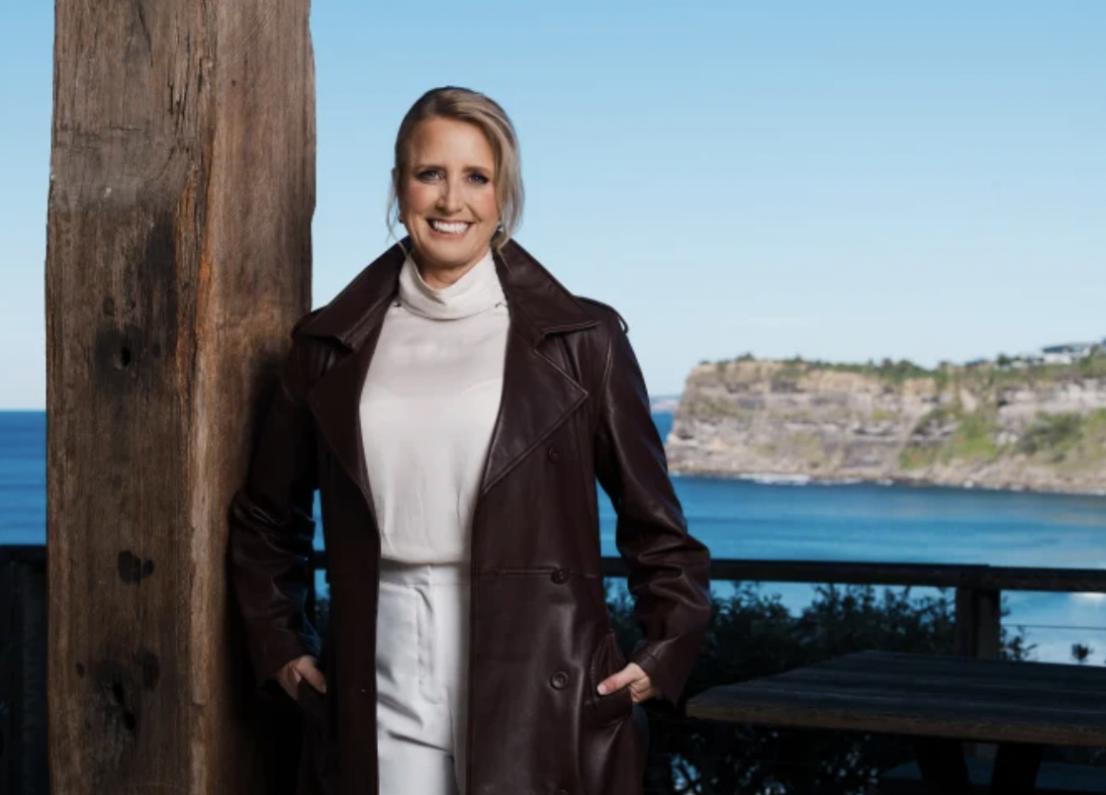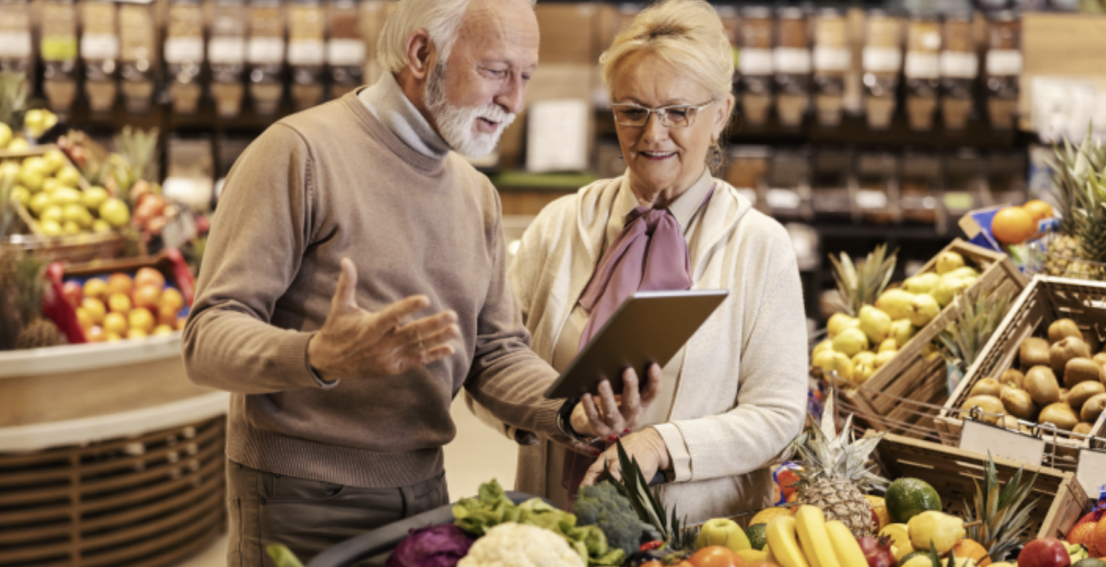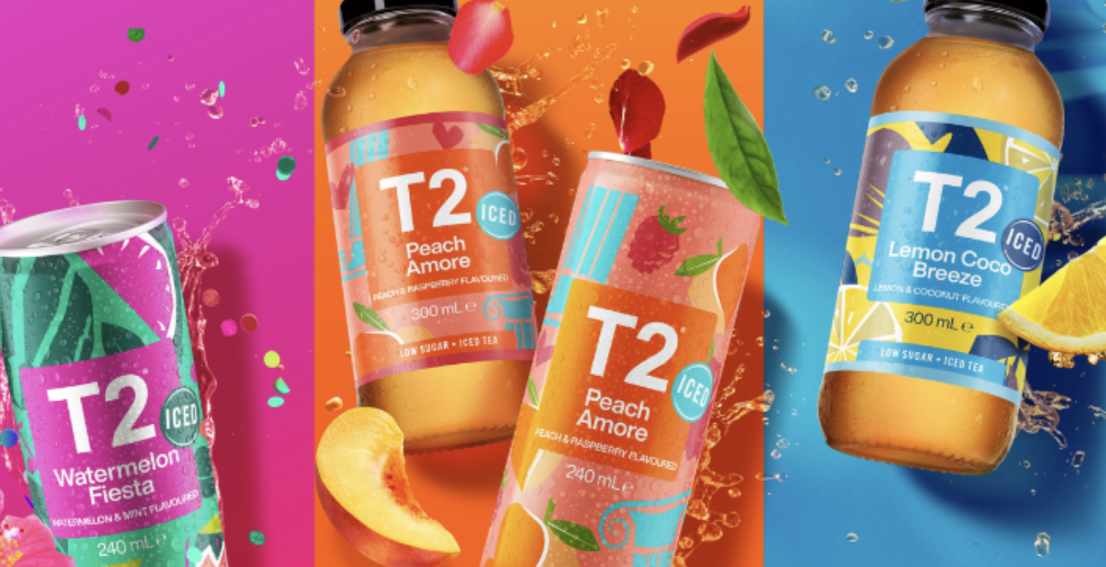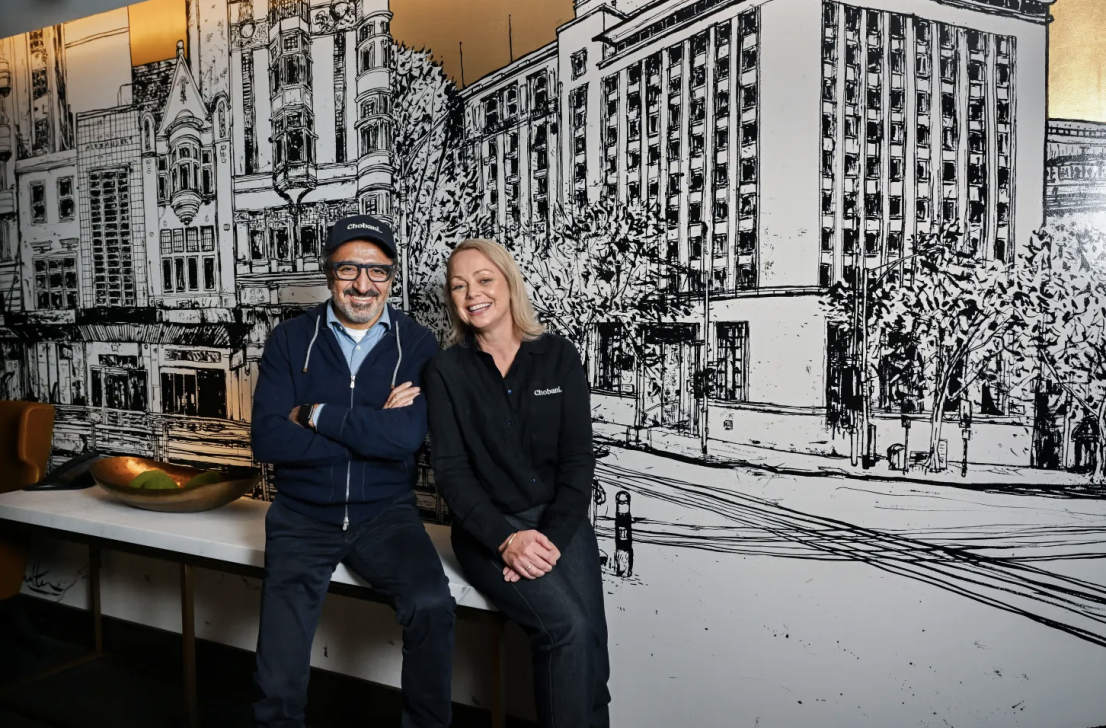
Chobani founder Hamdi Ulukaya says it’s about time businesses started shifting away from simply chasing profits and instead focus on social responsibility.
The founder of the multibillion-dollar yoghurt brand says the success of his company, which started with him buying a disused yoghurt factory in upstate New York in 2005, is proof that it’s possible to run a business that puts communities and consumers before profits and shareholders.
Since its humble beginning, Chobani has become the No.1 Greek yoghurt brand in the United States and runs the largest yoghurt facility in the world. For Ulukaya, it has given him a platform to pursue his passion to democratise access to quality food globally.
“I want this idea of Chobani to impact other businesses as a proof point of saying this narrow view of focusing on only profit is yesterday’s idea — and there is no place for companies in the future to be in this narrow mindset.
“Through yoghurt, we want to make a difference [to] people’s lives,” he said while visiting his company’s Australian team last week.
As the world has emerged from the pandemic to face soaring inflation, including in grocery prices, Ulukaya’s focus on access to food has taken on a greater importance.
He is critical of other global food giants who are posting record profits at a time when many shoppers are struggling to get food on the table, and notes companies were keen to pass on price rises immediately but have been slower to wind these back when input costs have moderated.
“During the pandemic and post pandemic ... the underprivileged community’s access to food became more challenging. Yet companies are focused on extreme profits during this time,” he said.
“You see an enormous amount of profit records from food companies – it’s real, it’s out there, they publish it. Yet, there is this problem of hunger, and not being able to afford food – that is a big problem.”
Inflation has hit food makers across the globe, however, and Chobani is by no means immune from the reality of rising supply chain costs.
The company’s Australian managing director, Lyn Radford, says she has had several long conversations with Ulukaya about the impact of rising ingredient prices in Australia, and how to balance these soaring costs with price increases.
The company has put prices up for some Australian products, but Radford says Ulukaya’s message was to find a balance and keep the brand accessible to consumers.
“The one thing that he said to me that really stuck with me is, ‘Don’t make the short-term decisions that will impact the long-term business. Don’t damage the business now … this is a longer-term journey that we’re on,’ ” Radford said. “We are not taking the same quantum of price increases that our competitors are.”
Ulukaya said it was critical that the company’s core consumers still felt they could afford Chobani products.
“I want to make sure when someone buys this yoghurt, it doesn’t make a pain in their gut [and they say], ‘Well this is too much.’ I want them to buy it with a smile and say, ‘I can’t wait to take this home and feed my children,’ ” he said.
The company’s approach to manufacturing has provided some degree of control during difficult trading conditions, including the pandemic.
“One of the advantages we have is that [from] day one, we believed contract manufacturing was not something that we liked,” Ulukaya said.
The business has instead invested heavily in its own manufacturing hubs, including its new facility in Dandenong South, which opened in 2022, with a view to having more control over how it makes its products.
The strength of Chobani’s growth during the pandemic sparked plans for a sharemarket listing in the US, but Chobani pulled plans for the float in 2022, citing tough market conditions.
Ulukaya said he was happy the business made the decision to focus on continuing its growth instead of getting distracted by the ups and downs of the market, though he is still open to the idea of listing in future.
“We paused it because we didn’t think it was a good moment. I’m proud of the intelligence Chobani had [to do that],” he said.
Whether the company stays public or private, Australia remains a key growth market for the brand, which has expanded its product portfolio significantly over the past few years.
Chobani’s most recent financial documents filed with the corporate regulator show that it generated $191 million in Australian sales in 2021, up from $189 million in 2020, and profits increased to $1.8 million, compared with $787,000 the year before. The company’s US listing prospectus, lodged in 2021, revealed the company hit global sales of $US1.4 billion ($2.1 billion) in 2020.
“If you didn’t know it, you would think this company was an Australian start-up – it is built in an Australian way,” Ulukaya said.
Radford said Ulukaya has always trusted the Australian team will do the right thing by the Chobani brand, which has given local employees the freedom to come up with new ideas and products.
The idea for a dog yoghurt, for example, came from an Australian employee who could see how many consumers were giving Greek yoghurt to their pets. When Radford called Ulukaya to launch the product, she was surprised by his openness and enthusiasm.
“He said, ‘Of course, Lyn, dogs are part of our family and they deserve better food too. Why wouldn’t we do that?’ ”
